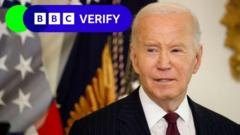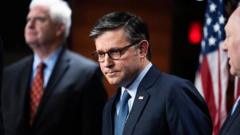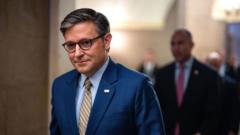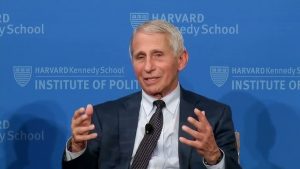President Joe Biden's recent pardon of his son Hunter has generated considerable controversy, reigniting discussions on the integrity of the U.S. justice system and the implications of executive power in judicial proceedings. Following Hunter Biden's convictions on federal felony charges, the White House had consistently stated that the president would not intervene on his son's behalf, emphasizing a commitment to justice and the separation of powers.
Biden's Controversial Pardon: Implications for Hunter and the Justice System

Biden's Controversial Pardon: Implications for Hunter and the Justice System
In a notable shift, President Biden has pardoned his son Hunter, challenging his previous statements about not intervening in his son's legal matters, prompting a debate over presidential pardons.
Contrary to earlier assertions made by Biden—where he explicitly stated he would not grant Hunter a pardon—he cited the political attacks against his son as justification for the unconditional pardon that spans crimes committed from 2014 to 2024. This decision has sparked criticism from Republican leaders, who argue that it undermines accountability and contradicts Biden's vowed adherence to judicial outcomes.
Historically, presidential pardons are not uncommon, and various presidents have extended clemency to relatives in the past, including Bill Clinton and Donald Trump. However, the precedent set by a father pardoning his son raises unique ethical considerations and questions about potential biases in the administration of justice.
Political commentators note that Biden has previously criticized similar actions taken by Trump, highlighting an apparent inconsistency in his stance regarding the politicization of the justice system and the integrity of presidential powers. Biden's remarks regarding Hunter’s "miscarriage of justice" stand in stark contrast to his earlier claims of being satisfied with Hunter receiving a fair trial.
As the situation unfolds, it remains to be seen how this decision will affect the perception of the Biden administration and the broader implications for legal accountability in the United States. In a polarized political landscape, the move is likely to fuel ongoing debates over the balance of power between the presidency and the judiciary.
The evolving narrative surrounding this case presents an opportunity for deeper exploration into the ethical parameters of pardoning and its impacts on American societal values related to justice and equality.
Historically, presidential pardons are not uncommon, and various presidents have extended clemency to relatives in the past, including Bill Clinton and Donald Trump. However, the precedent set by a father pardoning his son raises unique ethical considerations and questions about potential biases in the administration of justice.
Political commentators note that Biden has previously criticized similar actions taken by Trump, highlighting an apparent inconsistency in his stance regarding the politicization of the justice system and the integrity of presidential powers. Biden's remarks regarding Hunter’s "miscarriage of justice" stand in stark contrast to his earlier claims of being satisfied with Hunter receiving a fair trial.
As the situation unfolds, it remains to be seen how this decision will affect the perception of the Biden administration and the broader implications for legal accountability in the United States. In a polarized political landscape, the move is likely to fuel ongoing debates over the balance of power between the presidency and the judiciary.
The evolving narrative surrounding this case presents an opportunity for deeper exploration into the ethical parameters of pardoning and its impacts on American societal values related to justice and equality.




















